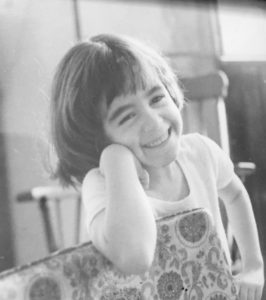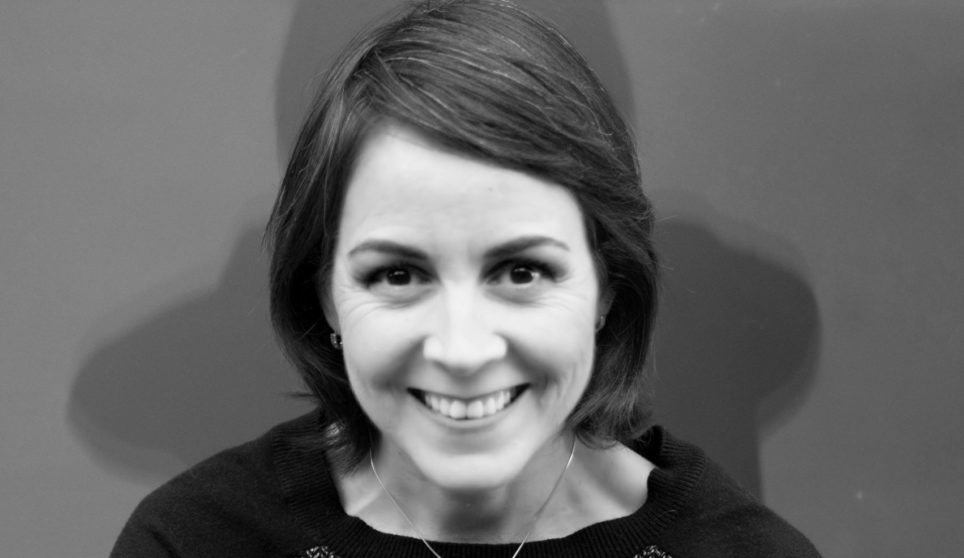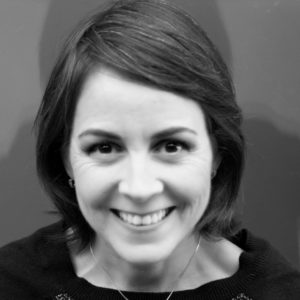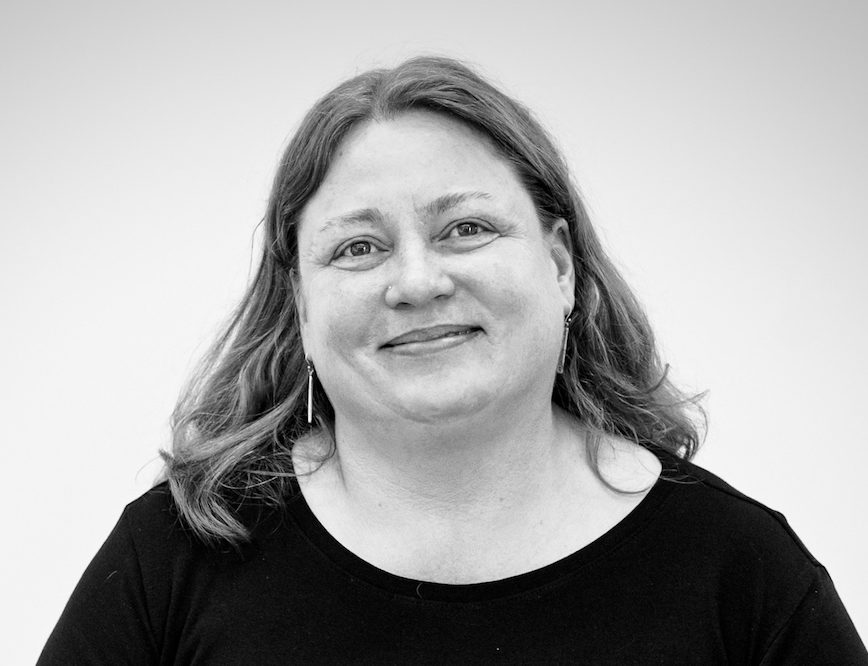Featured, Roddenberry Fellowship
By Aideé Granados
Aideé Granados, 2021 Roddenberry Fellow and founder of Rosa Es Rojo, Inc, writes about her experience as a young child that has shaped her outlook on life and dedication to educating Hispanic women on wellness and cancer prevention.
“Money for bread?” Timidly and rapidly, the children of The Shore repeated this phrase almost automatically, standing in front of the door of my house, which was usually wide open. With no shoes or personal hygiene, and rarely attending school, the children of The Shore made me think that perhaps “Money for bread” were the only words they knew how to say. I was seven years old.
The scene was repeated over and over again. Every single day. They literally lived on the shore of a canal that was like a small river next to the railroad tracks. My house was on the main street, close to The Shore.
We always tried to have something ready to share with the children, something “for bread.” Sometimes it was a few coins, spare clothes, or even toys. Other times, we prepared some food and drink to share. They would run back home as soon as they received the gifts.
In my mind, I wondered why they didn’t attend school. I had a special uniform, and I changed my clothes when I got home after school. While I had someone to fix my hair with braids and bows, the children didn’t seem like they were able to bathe frequently. My awareness grew as I questioned all of these disparities. It seemed unfair to me, without really fully understanding the meaning of that concept as a seven-year-old.
 Fast forward, when my sisters and I were a little older, my grandma let us buy soft drinks and sweets at a tiendita (“little store”) on The Shore. That was when I saw that the houses these children lived in were made of cardboard, dirt floors, one room that everyone shared, and no electricity. I could hear the tremendous noise of the train cars passing a few feet from their homes. It was not safe at all. With no sewer system or running water, the smell was like a slap to the face. I felt and tasted the loose dirt flying through the air as it entered my mouth, causing me to cough. A large lump formed in my throat.
Fast forward, when my sisters and I were a little older, my grandma let us buy soft drinks and sweets at a tiendita (“little store”) on The Shore. That was when I saw that the houses these children lived in were made of cardboard, dirt floors, one room that everyone shared, and no electricity. I could hear the tremendous noise of the train cars passing a few feet from their homes. It was not safe at all. With no sewer system or running water, the smell was like a slap to the face. I felt and tasted the loose dirt flying through the air as it entered my mouth, causing me to cough. A large lump formed in my throat.
That day, in a very empirical way, I began to learn that I had privilege, and what privilege really meant. I had something that others did not. I decided never to be immune and indifferent again.
Questions such as “..Why? …Why them?” were never answered directly. Instead, my grandma deliberately brought us closer to that reality. She taught us that it was up to us to do something to change disparities we see in the world and that if we had any “privilege”, it was our duty to share it.
My experience with The Shore has inspired me, in my work and everyday life, to use every bit of privilege and opportunity received for the betterment of those around me. As an immigrant, woman of color, and cancer survivor, I have seen, heard, smelled, and felt what it is like to go through a cancer journey as a woman of color, so my current commitment is working with Hispanic women on physical and emotional wellness and cancer prevention.
What is your Shore?




